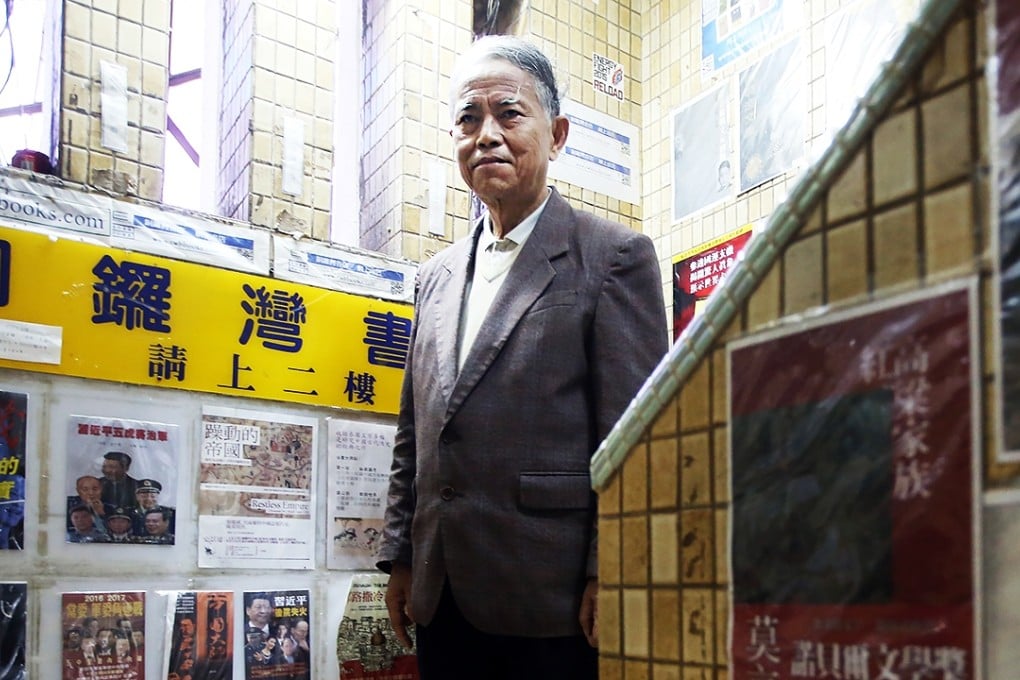Hong Kong writer detained in mainland China in 2012, interrogated about identities of those behind banned publications

Mainland security agents snatched and detained a Hong Kong author from Causeway Bay Books for 38 hours in Shenzhen in 2012, forcing him to give them information on writers of publications banned across the border, the Post has learned.
The revelation by Woo Chih-wai, who worked at the bookstore until five of his associates disappeared last year, came as the Post also obtained an email by one of them, Lee Po, saying he feared his missing colleague, Gui Minhai, was “taken away by special agents from China for political reasons” last October.
That was before Lee himself went missing in December. He and Gui later surfaced on the mainland, claiming they had crossed the border of their own free will.
Woo, 75, who assisted Lee in managing the bookstore specialising in publications critical of the Chinese Communist Party, told the Post that the disappearances were all too familiar.
“I was taken away during my visit to a dentist in Shenzhen,” an agitated Woo recalled.
He remembered clearly that the agents snatched him in March 2012 and interrogated him for 38 hours.